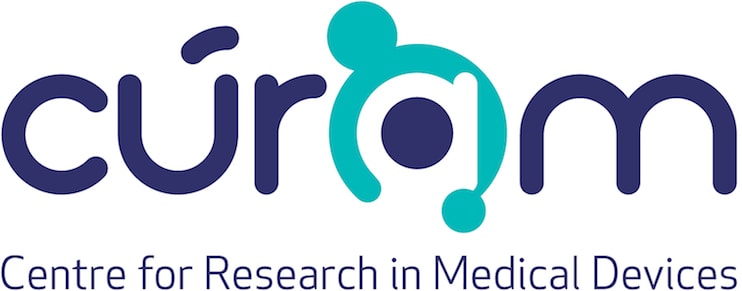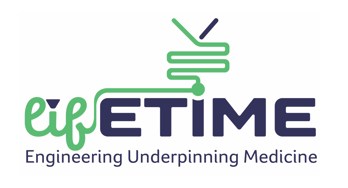Dear Men, Attention Please!!
By LifETIME CDT Student: Sugunapriyadharshini Sundararaman (NUI Galway) Prostate cancer (PCa) is among the common cancers in men and its incident rate is rising globally. In this blog, we review the causes, symptoms, treatment options, and current research highlights for prostate cancer. What are the major risk factors for developing prostate cancer? Firstly, a man’s …








